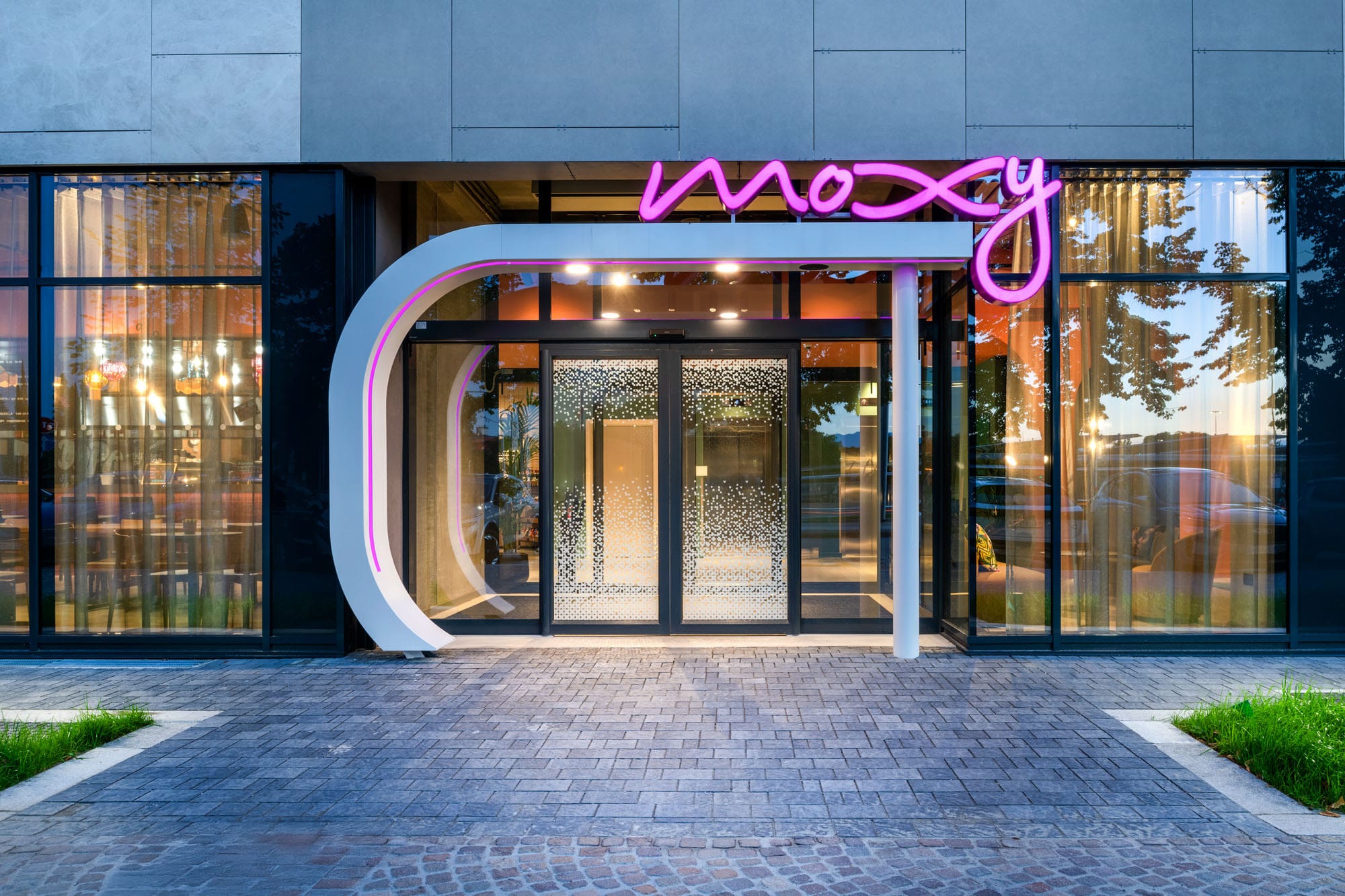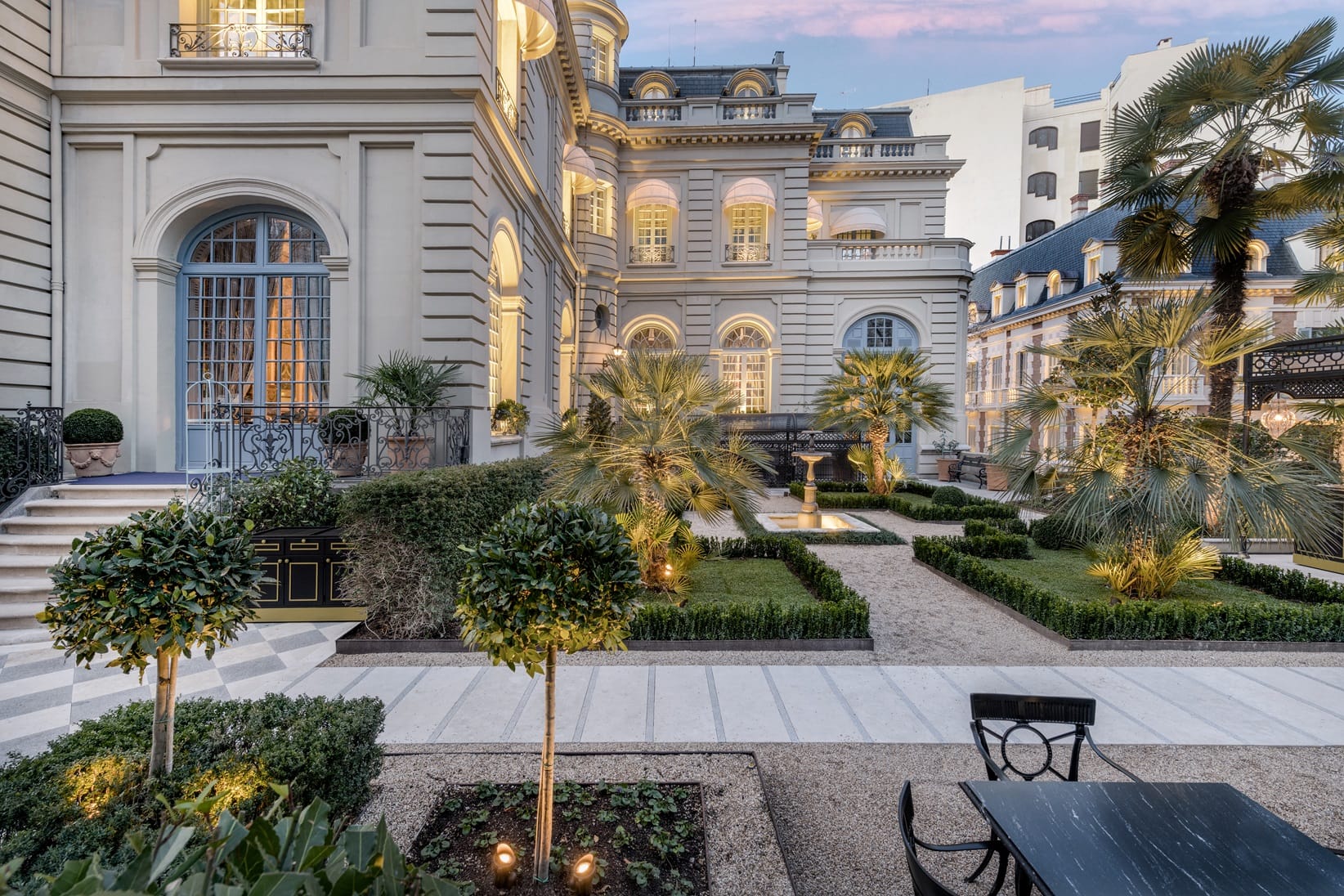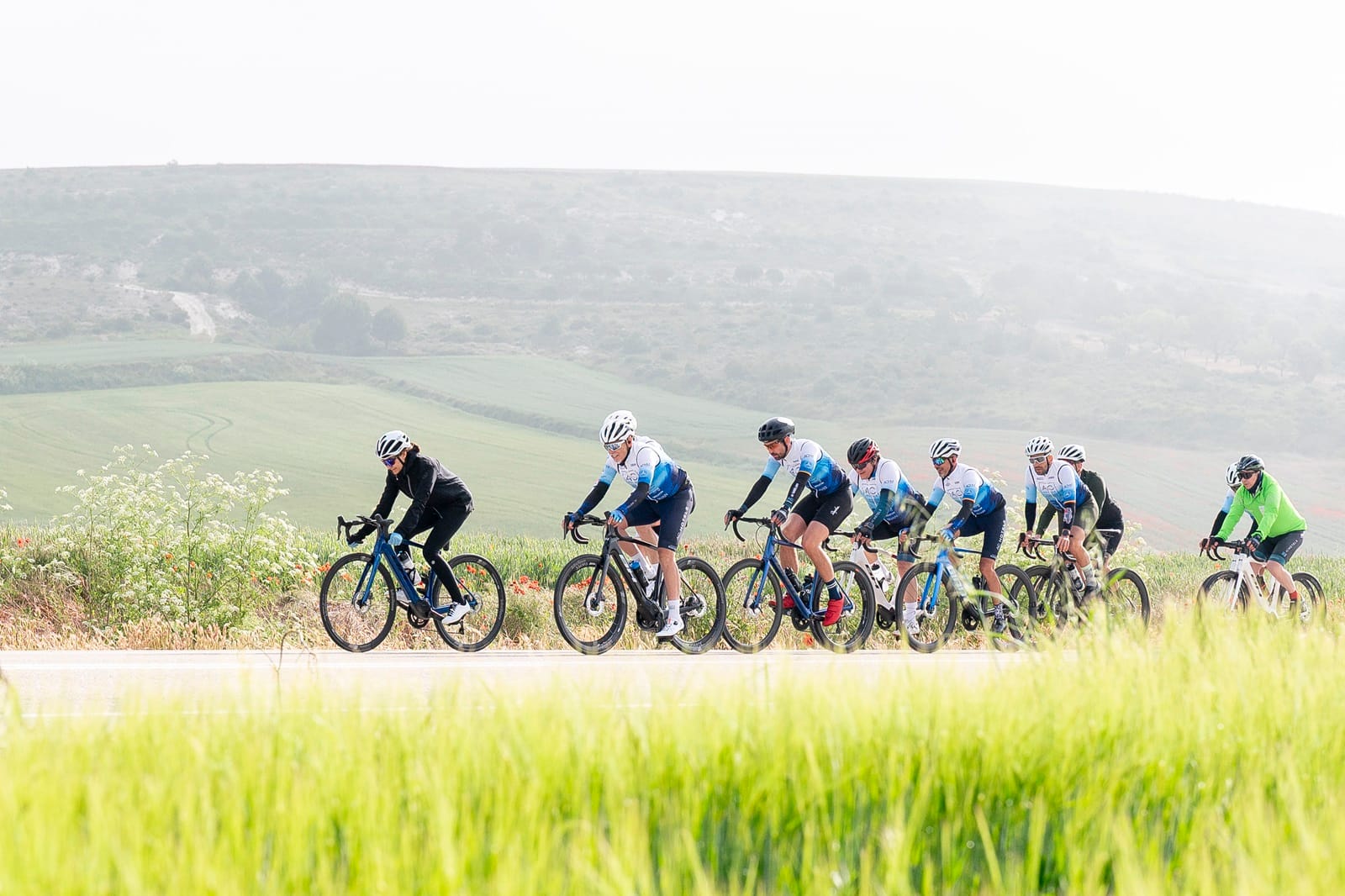Nude Project is a creative platform for those who feel different, misunderstood or free spirits, so they can express themselves in their own way.
@Bruno Casanovas and @Alex Benlloc, founders of the clothing brand NUDE PROJECT inspired by American streetwear culture, which has captivated Generation Z.
Their philosophy brings together a community of young people who feel they don’t belong anywhere in particular. They call this community the <<misfits>>. United through social media by their understanding of the <<“lifestyle”>> that defines them, they decided to embark on a textile project whose garments represent a movement of belonging to a community that transcends fashion.
Nude Project is a creative platform for those who feel different, misunderstood, or free spirits, allowing them to express themselves in their own way.
Through their provocative phrases, they aim to generate reactions from an audience they have not only loyalized with their garments but also with their fresh content and candid comments expressed on their social media. On their YouTube channel, they gather 562K subscribers who faithfully follow their podcast, where they interview artists, entrepreneurs, content creators, footballers, and doctors, among other profiles of interest to their target audience.
A brand created <<“by artists, for artists,”>>inspired by creators like Tyler the Creator for Golf Wang. A philosophy that, despite the differences in the sector and the 50 years of experience in the business world, essentially coincides with that of the creator of NH (Hotelera Navarra) and AC Hotels, Antonio Catalán, whose business idea has succeeded by being managed <<“by people and for people.”>>.
Antonio Catalán welcomes NUDE PROJECT at Santo Mauro, a Luxury Collection Hotel.
Passion for detail.
<<What is this incredible building where we were served a spectacular breakfast with beautiful decor and very high ceilings?>>
The hotel welcomes the founders of NUDE PROJECT with an impeccable breakfast and service in La Biblioteca. The chosen location for the subsequent meeting is a unique space, La Capilla, in the palace of the 19th-century Madrid nobility where one of the most influential figures of the society of the time, the Duke of Santo Mauro, resided. The guests and creators of the famous podcast are surprised by the privacy and sophistication in the three French-influenced buildings that make up the complex, located in the heart of the Chamberí neighborhood. <<“The property belongs to the Duke of San Carlos, who is one of the aristocrats who has maintained his heritage very well, never selling anything,”>>explains Antonio Catalán.
The management of the palace, converted into an iconic luxury hotel, has lasted for 34 years, with an additional 25 years under the current contract.
The Santo Mauro Hotel is very special. Its hallways have witnessed the passage of high-level personalities, such as heads of state, athletes, politicians, artists, and entrepreneurs. Many of them are great friends of the businessman, who, after 50 years of experience and an unquestionable professional career, celebrated his 75th birthday (or, in his words, 70+25) with his private circle of 300 people, closing the entire hotel just for this event.
Santo Mauro could be considered one of his favorites because it is more than a hotel; it is a <<“palace house.”>>. However, for Antonio Catalán, each hotel has a story. Some of the hotels lost during the 2010 crisis have been recovered. For the businessman, each hotel and each person (in a workforce of over 3,000 employees) is important. Catalán prides himself on having a team of people loyal to the company. Some employees came from the Centro Superior de Hostelería de Galicia, after 25 years, continue their professional careers with the chain. Others started their journey with him when he founded NH and have always remained by his side.
<< In difficult times is when you see the true entrepreneur. When everything is going well, the problems are few.” >>
He proudly acknowledges his origins from a large and hardworking family in his hometown of Corella, where there was only one light bulb per room. His father was a tireless worker. He had a taxi and a great entrepreneurial spirit. He believes <<he “hit the jackpot”>> by marrying his mother, not because she came from a wealthy family, but because her uncle (his mother’s brother) lived in their house. He was not just any priest but the confessor of Arrese’s wife, who was in charge of the Ministry of Housing and Urban Agenda during Franco’s era. Through this connection, he was granted a gas station in Tudela and seized the opportunity to progress. In a few years, he managed to acquire 8-10 gas stations, and one of them had a hotel, Sancho el Fuerte.
A Permanent Lesson.
Antonio Catalán grew up absorbing the culture of hard work and discipline. At the age of ten, he lived in a boarding school in Vitoria while his father recovered from an injury caused by an accident. A place that seemed more like a reformatory. <<“They were enthusiastic about discipline there. It’s one of those places that would make the news nowadays.” >>. He was a multidisciplinary young man, passionate about music and sports. He had a fantastic relationship with his mother and a distant one with his father. After finishing his studies, he started working at the Sancho el Fuerte hotel, which he considered his true university. <<“Imagination to power.”>>. There, he performed various functions, from managing reservations to making sandwiches, in a world very different from what we know today, as there was no certainty about how many customers could stay there among those traveling the road between Bilbao and Barcelona. <<“90 pesetas for coffee, a drink, and a cigar. And another 90 pesetas for sleeping.” >>.
He married his first wife, and with the sum of the wedding gifts, one million pesetas (€6,000) from his father-in-law, one million from his father, and one million from the wedding gifts, he began his venture into the hotel industry. <<“We opened on June 25, my birthday.”>>. A highly ambitious project. 95 million pesetas, many loans, and <<“fear of nothing.”>>. In 1978, the Ciudad de Pamplona hotel opened its doors. His market vision led him to meet with the five most important owners (whom he addressed formally) of the Pamplona Hoteliers Association to propose a rate increase during the San Fermín celebration. <<“This kid shows promise.”>>. During the week of July 7 in Pamplona, 20% of the total annual revenue is billed.
The key to entrepreneurship is 33% intelligence, 33% luck, and 100% hard work.
Luck is important, but intuition is crucial. He gathered a group of football players to sell them 30% of the shares in his first hotel, and the result of that operation was the creation of NH Hotels (Hotelera Navarra). After two years, they opened the next hotel in the chain, and little by little, the business of the first urban hotel chain expanded. He had a unique business vision, introducing the first remote-controlled television, something that was unthinkable in Spain at that time, even for private individuals. His cousin was a distributor for the Loewe television company. In 1978, it was so novel that customers would take the remote home, thinking it was universal. They were politely asked to return it by letter, assuming a possible confusion between a remote control and a calculator.
Today, items that are likely to be lost in hotels have the logo printed on them, so it is constant advertising that customers see daily in their bathroom or closet. Towels (about 80,000 a year) and hangers are the most coveted items.
The key to the business is people.
A hotel must be a business designed for people. If you only look at the bottom line without addressing the needs of the customer that must be met, the business does not work. At that time, the expansion of NH was possible, in part, thanks to investors. After tough negotiations with the chain’s board, Antonio Catalán sold 33% of his shares to CONFIR for 7,000 million pesetas in 1997.
<<“You can create the most wonderful hotel in the world, but only a good team can make it work.”>>
The world of hospitality is not an investment, it is his life. Things done well can always be improved. 1998 was his key year. A new dream and a new project that began with 8 hotels in different urban areas of Spain, with another 32 in the process of approval and construction. The entire construction team, led by Manolo López, left NH to join him in this new adventure. With confidence in his business vision, Antonio Catalán achieved revolutionary growth thanks to European investment funds. A new hotel was projected every three weeks. The AC Hotels brand was consolidated and grew strongly throughout Spain.
Luck, always in favor
During the economic crisis that peaked between 2008 and 2010, the account numbers went from green to red. 500 million in debt. Antonio Catalán sold most of his personal assets because he was clear that if the company fell, he would start a third time. <<“It is possible for a company to fall. The key is to get up as quickly as possible.” >>. It is the fighting spirit and the desire to overcome “of the cyclist” that have always accompanied him.
A miracle happened. Marriott International was interested in the European market and AC Hotels caught their attention for being one of the few companies that builds a brand, understanding that branding is what retains the customer. After a couple of meetings in Madrid and London, the deal was not closed because the businessman did not want to part with his company. A second call from Mr. Marriott took him to Washington to agree to be partners, sell the AC Hotels brand but remain the President of the company. The sale was closed for 140 million dollars, becoming AC Hotels by Marriott. The Spanish chain, which already operated in Spain, Italy, and Portugal, reached a new level. The relationship with Marriott is excellent. <<“Mr. Marriott and I write letters by hand. He in English and I in Spanish.” >>. Thanks to . Marriott Bonvoy, the world’s largest loyalty program, the hotels under his management receive 98% of international bookings
The genetic point of nonconformity
Convinced that the youth of the past and the present are not the same, since in his time it was unthinkable to project a future without studies and without effort, he believes that <<the obligation of the entrepreneur is that his children become entrepreneurs, not heirs.”>>. Antonio Catalán has helped his children in their different projects, but each one of them is totally independent. All his children have higher education, languages, and work experience in large multinationals. Some live outside Europe. His second son, Carlos Catalán, died at the age of 44 after achieving success as vice president of the company, leading the merger with Marriott.
Life is a permanent problem and solution
Happiness is achieved not with material goods, nor with recognition, but by doing what each individual is most passionate about. Early mornings, travel, indefinite hours, and ups and downs are part of the entrepreneur’s DNA. <<“This country moves forward thanks to entrepreneurs, that must be clear. With a civil servant mentality, we do not move forward.” >>.
He acknowledges that Airbnb is not a threat, but a complement, as long as it is regulated, competes on the same legislative terms as hotels, and offers guarantees to consumers.


